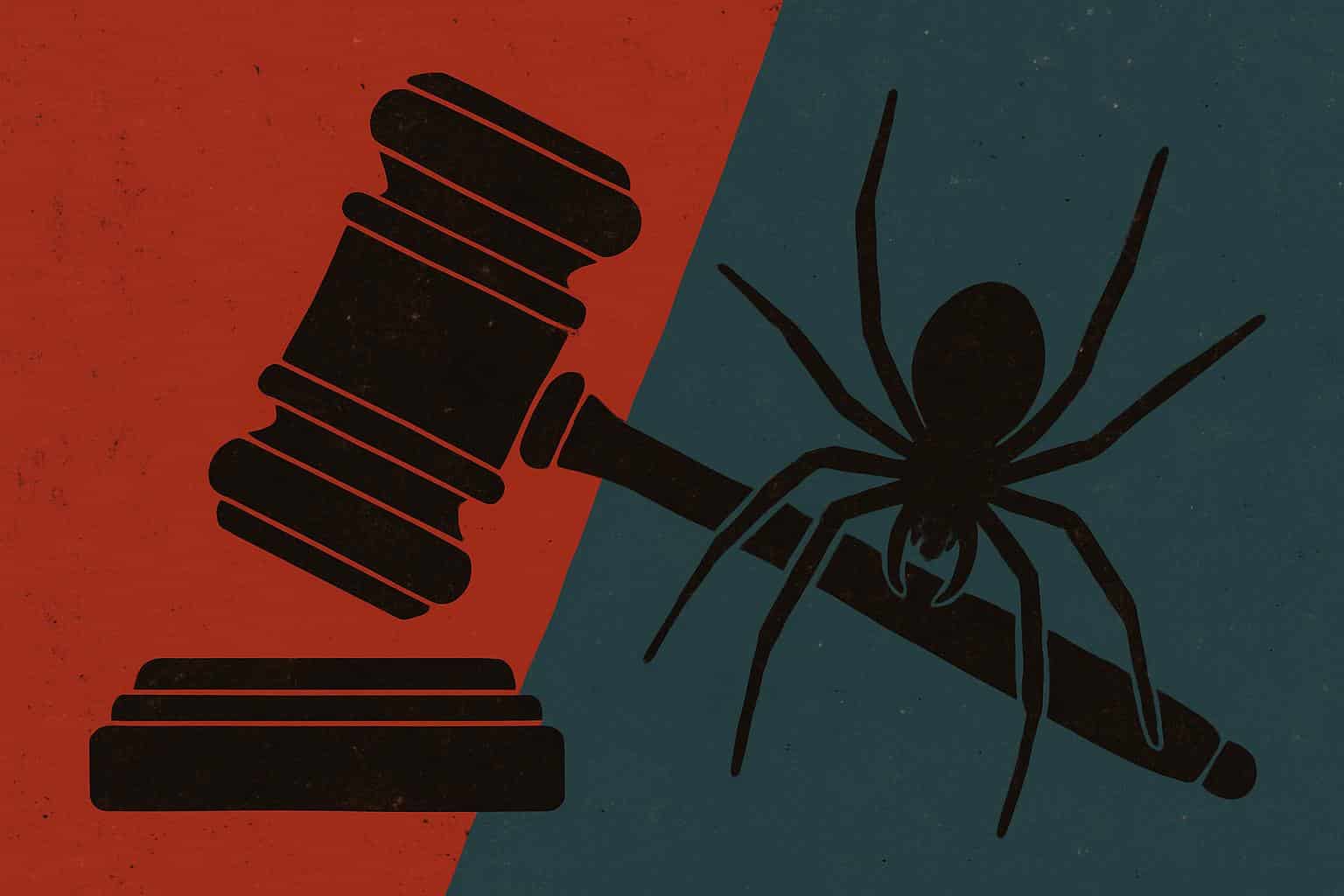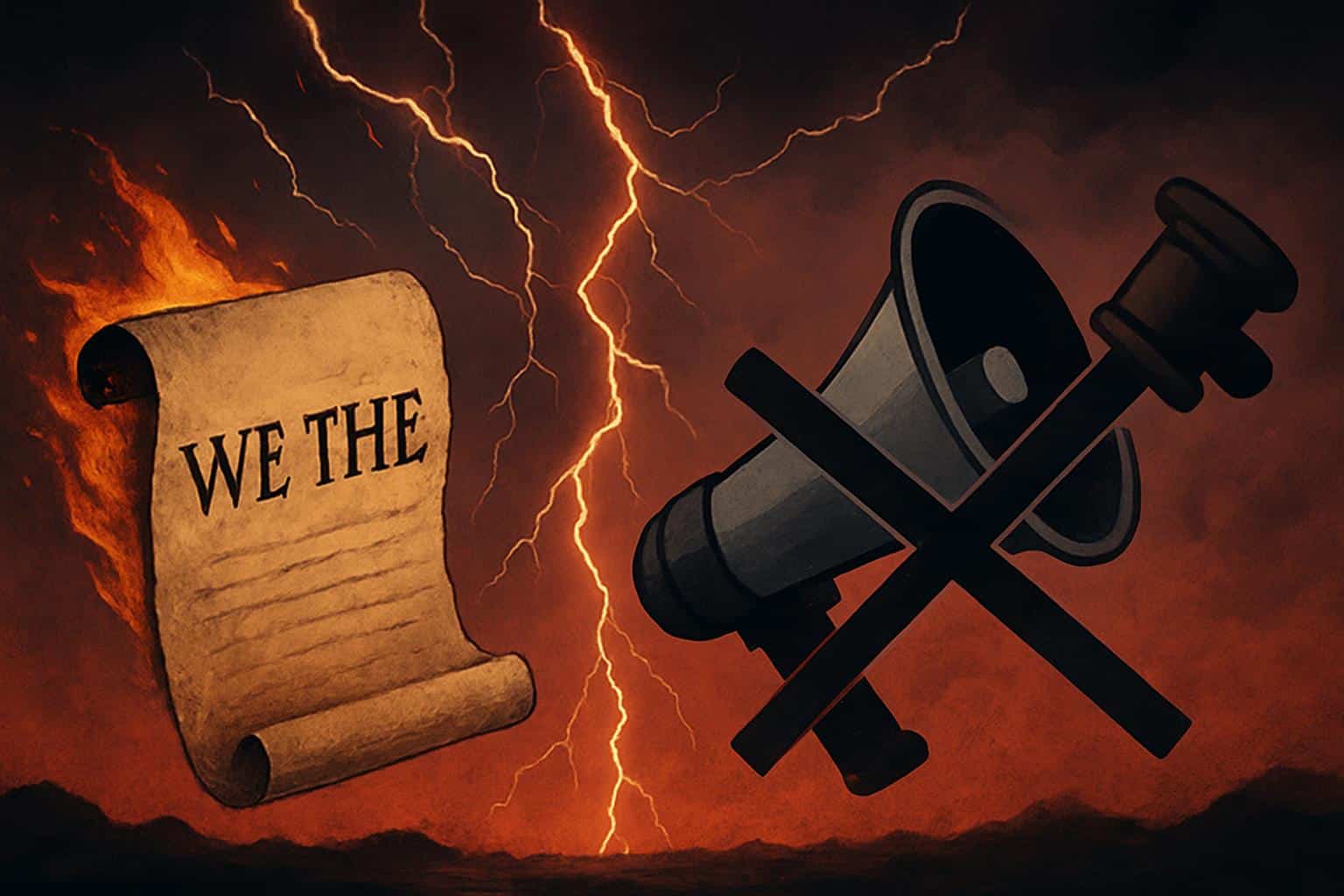One of the country’s best-known authors and most outspoken political voices, Stephen King has pushed back against former White House adviser Stephen Miller, who on Wednesday said there is “a large and growing movement of left-wing terrorism” in the United States. King’s response was short and sharp, rejecting the notion that the Constitution can be weaponized to justify a draconian crackdown on free speech and arguing that fearmongering will not win today.
Viral clash on X as King rebuts Miller’s terror claims
The exchange took place on X, where Miller said left-wing “terror networks” are highly organized, well-funded, and shielded by liberal political leaders and demanded the aggressive use of state power to crush them. “Suppressing the Constitution in the name of terror will lose in reality and principle,” King responded, arguing that “the Constitution isn’t left or right.”

It was a classic face-off between two larger-than-life voices: Miller, one of the guiding forces behind tough immigration measures and now one of the forces in charge at America First Legal, and King, the best-selling author whose social media feed is as likely to be filled with pop culture references as it is civics quotes. The back-and-forth erupted on timelines precisely because it distilled a larger fight about what counts as “terrorism” and who gets to say so.
What federal data shows about domestic terrorism threats
Miller’s framing falls in a landscape where federal threat assessments offer a more nuanced portrait. The Department of Homeland Security and the F.B.I., in recent years, have consistently said the most lethal domestic threat to the country comes from racially or ethnically motivated violent extremists, specifically white supremacists and anti-government or anti-authority actors. These assessments separate out plots to kill from lower-level criminal activity such as vandalism or scuffles at protests.
Independent trackers echo that trend. The Anti-Defamation League’s Center on Extremism has noted that right-wing extremists have been responsible for the vast majority of murders associated with extremism in recent years. Most of the deaths also were connected to far-right actors, according to a review by the Government Accountability Office of domestic terrorism-related killings between 2009 and 2019. None of this is to gloss over left-wing violence, but it does indicate where fatalities and long-term risk have been concentrated.
Context also matters around protests. The overwhelming majority of U.S. protests in recent years were nonviolent, according to research from the Armed Conflict Location & Event Data Project, even when isolated episodes of property damage or clashes loomed large. It is that distance between broad patterns and viral episodes in which political narratives frequently grow.
Placing Stephen Miller’s rhetoric in legal context
Miller’s rhetoric of using “legitimate state power” to destroy so-called “terror networks” is significant because U.S. law treats domestic extremism differently from foreign terrorism. There is no single federal “domestic terrorism” charge; prosecutors use statutes including those covering weapons offenses, conspiracy, or civil disorder. The Supreme Court has likewise put down bright lines around the criminalization of advocacy unless it rises to incitement or specific threats.

Allegations that judges or prosecutors are “shielding” terrorists usually run afoul of those constraints. The Constitution’s First Amendment protects speech, assembly, and association; the Posse Comitatus Act restricts the regular domestic use of federal troops; federalism shares power between states and Washington. When authorities conflate protest with terrorism, civil liberties groups raise the alarm that dissent could be criminalized and protected activity chilled — particularly if who is a terrorist is determined more by ideology than by conduct.
A leading figure in restrictionist policy circles, Miller has long portrayed disruptive protests and immigration activism as security threats. His latest post is of a piece with that move, normalizing the most inflammatory label in American politics just as concern about political violence remains acute across the political spectrum.
Why Stephen King’s constitutional pushback resonates
King’s message echoed one that has long had mainstream constitutional weight: it is not within the government’s job description — broadly speaking — to police speech, but suspecting and investigating potential violent behavior should not open a door through which political rivals or unpopular views can be criminalized. In arguing that the Constitution is ideologically blank and in sounding the alarm about “terror” used as a rubber stamp, King shadowed concerns voiced for years by legal experts who warn that overly broad terrorism scripts can devour everyday dissent.
What the novelist does with that cultural reach also counts. When an entertainment personality appeals to process, not party — due process, equal protection, and viewpoint neutrality — such a message ripples beyond the usual political silo. Here, King pivoted the focus away from Miller’s sweeping characterization to legal guardrails that circumscribe the government’s reaction.
What to watch next as debate over “terrorism” grows
The exchange is likely to spark a new debate among politicians and commentators on whether the word “terrorism” is properly used to describe behavior or to tar ideology. Look for civil liberties advocates to remind everyone about the existing tools that are aimed at criminal acts rather than universal speech crackdowns, and for security experts to continue insisting on the data showing what is really lethal.
King’s bottom line was clear: The Constitution prescribes limits that endure beyond even the most partisan cycles of politics. Whether that reminder moderates the next bout of rhetorical escalation might tell us more about the state of the conversation than would the posts that provoked that escalation.

